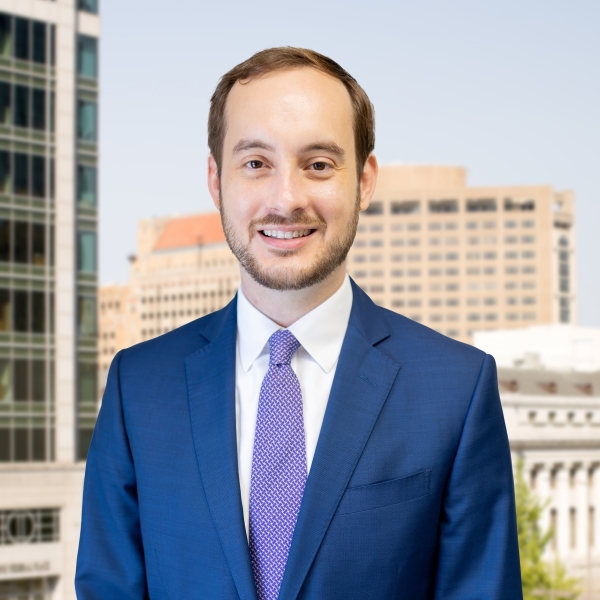
EMAIL:
PHONE:
Office Address: 1914 4th Avenue North Suite 400 Birmingham, AL 35203
Vanderbilt University Law School
(J.D., 2015)
Furman University
(B.A., cum laude, 2012)
Alabama
District of Columbia
Georgia
New York
U.S. Supreme Court
U.S. Courts of Appeals: Tenth, Eleventh, District of Columbia, and Federal Circuits
U.S. Court of International Trade
U.S. District Courts: Northern, Middle, and Southern Districts of Alabama and District of Columbia
American Bar Association, Section of Environment, Energy, and Resources, Enforcement and Litigation Committee, co-chair
Environmental Law Institute
Leland’s practice covers a broad range of environmental litigation and appeals, enforcement, risk assessment, compliance, investigations, and regulatory counseling. He routinely represents and advises clients on matters involving the Clean Water Act (CWA), Toxic Substances Control Act (TSCA), Resource Conservation and Recovery Act (RCRA), Clean Air Act (CAA), and climate change. Leland also advises clients on Superfund (CERCLA) and Environmental, Social, and Governance (ESG) issues, as well as Occupational Safety and Health Administration (OSHA) compliance.
Leland’s experience includes representing clients before agencies and legislators, in more than a dozen state and federal courts, and in numerous amicus briefs in the U.S. Supreme Court, as well as work in international tribunals.
